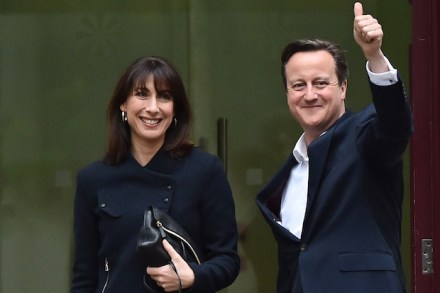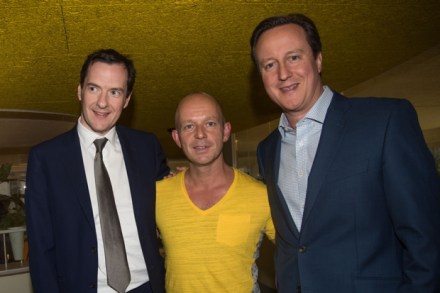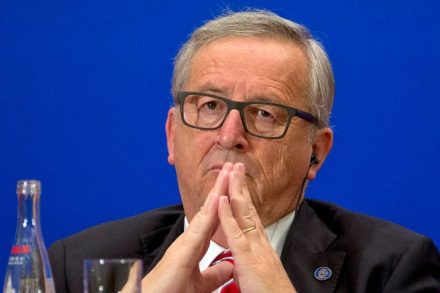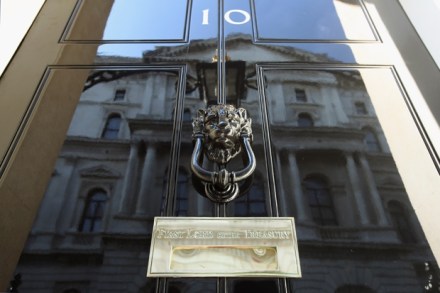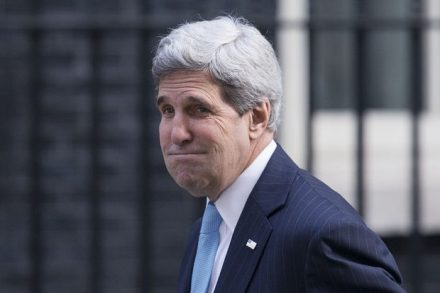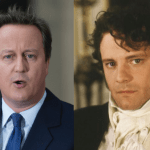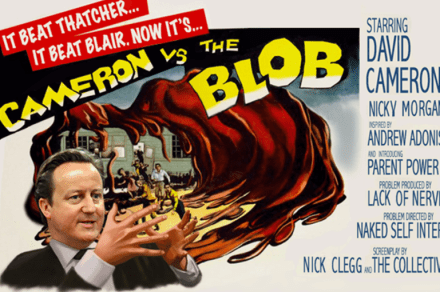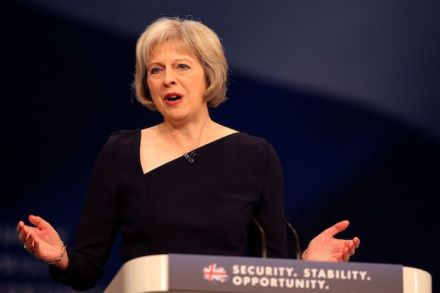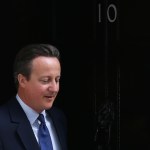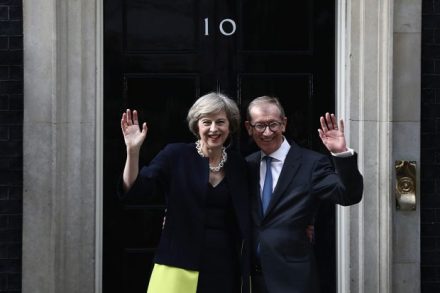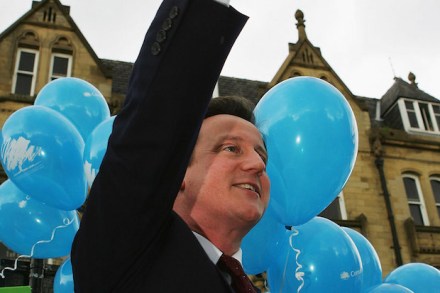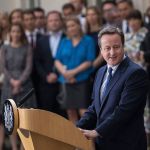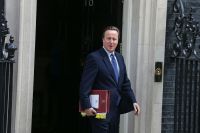Cameron’s ‘gongs for chums’ list sparks fury. But don’t expect Theresa May to block it
His time in No.10 might have come to an end last month but it’s David Cameron who is on the front pages of several newspapers this morning. The former PM’s resignation list of honours has sparked outrage since it was published by the Sunday Times yesterday. And today the fallout shows no sign of dampening down. Many of the usual suspects have attacked Cameron but what’s interesting about the criticism is its unanimity. Labour MP Tom Watson said it was ‘cronyism, pure and simple’; and many Tory MPs seem to agree. Conservative MP Andrew Bridgen said those who were going to be rewarded were the ‘people who brought politics into disrepute’.



